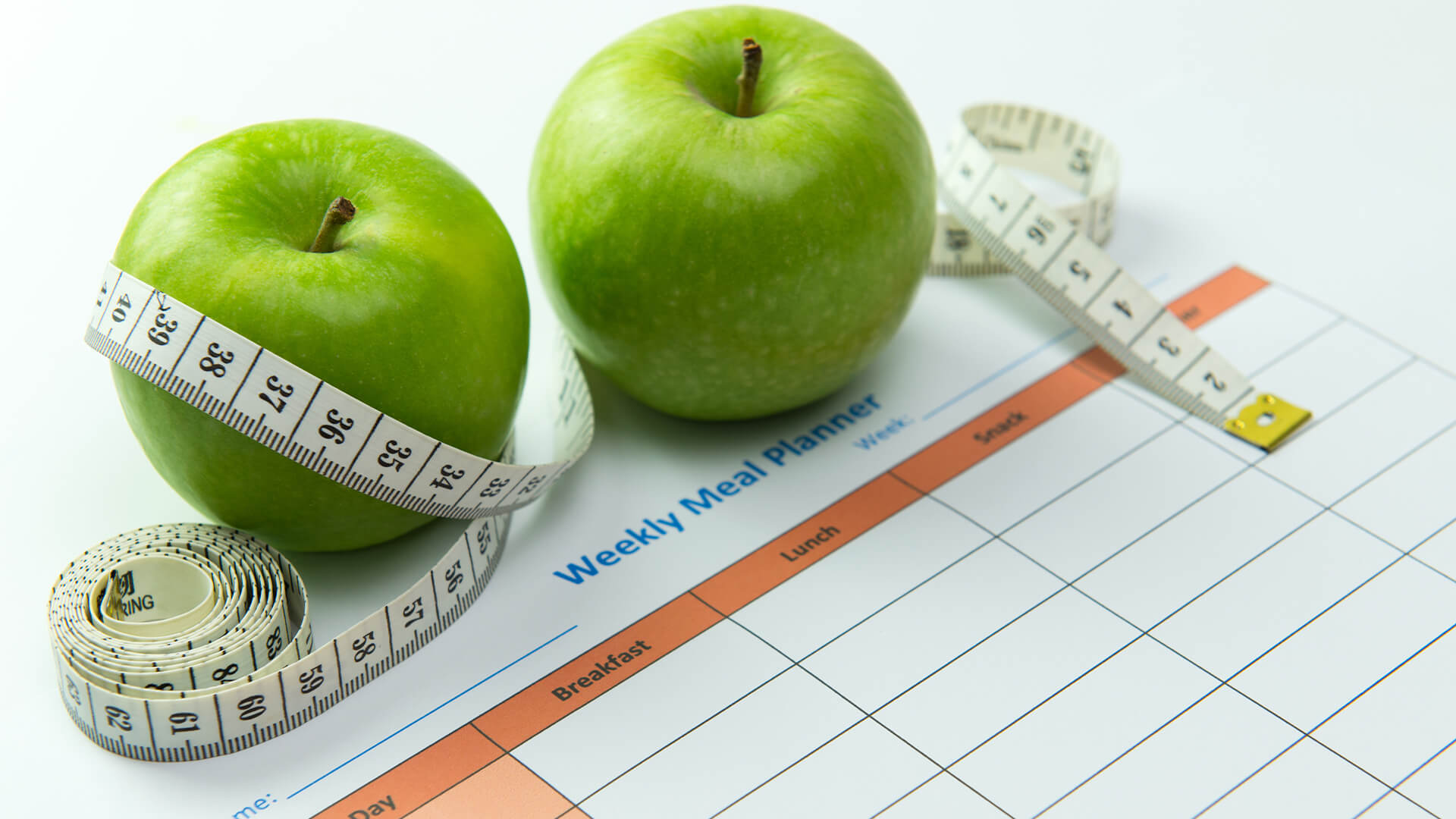Choosing between whether to count calories or not has been around for a long time now. Many people claim they lost weight by tracking their calories while some dismiss it outright. When you look at it at first glance, monitoring the number of calories you consume will make it easier for you to see if you’re on track to hit your goals. However, some dietitians suggest that not all people should keep track of their calories.
Calories are often misunderstood by many fitness buffs. Some people think you should just focus on hitting a certain number of calories to maintain a proper diet, without considering other factors. This misconception has led a few people to believe that skipping meals is essential to hit their daily calorie limit. Instead of the successful decrease in pounds, this could lead to difficulty losing weight on low-calorie diets and serious health problems.
So, if you want to lose or maintain your weight, improve your health, or reach your body goals, discover the pros and cons of counting calories in this article. But first, what are calories?
What Are Calories?
A calorie, or technically a kilocalorie, is the unit of measurement for the amount of energy present in a serving size of food. So, if you ate half a cup of gluten-free oats, you’re consuming 150 calories. These calories are from the carbohydrates, fats, and protein that make up the oats you ate.
If you want to see how many calories are in certain types of food, there’s loads of information available online. You should also read about how much carbohydrates or protein you should consume to hit your target calorie count while still maintaining a healthy diet. Find reliable sources as not all articles have the facts straight. See this page to discover the essential nutrients your body needs, such as protein and fats.
The Pros of Calorie Tracking
Here are the advantages of counting calories:
- You could monitor how much you’re eating
Keeping track of calories could be helpful if you want to monitor how much food you’re eating. It could also teach you about the density and overall quantity of food you’re consuming every day compared to the recommended level.
When you first start calorie counting, you might be shocked by the amount of food you’re eating. You might even discover you’re already overeating. Many people could benefit from doing this as more than 42% of Americans are considered obese. Also, the portions of food from restaurants are two to three times larger than the recommended amounts. So, having a way to monitor how much you eat could help you adjust your eating habits.
- You could guarantee that your diet has all the macronutrients you’ll need
You could also learn portion control if you get into calorie counting. Once you see how much food you’re eating daily, you could learn to determine the right serving size. This could be very beneficial for people who are prone to overeating. Since most people don’t particularly consume many vegetables, fruits, or protein, they’re consuming more carbohydrates and fat. These macronutrients aren’t particularly bad, but they could cause serious health problems if you won’t limit your daily intake.
- You’d be more open to healthier alternatives to the food you usually eat
Tracking calories could also teach you to seek healthier alternatives. For example, a two-ounce serving of pasta has 200 calories while a spiralized zucchini or sweet potato only has a fraction of that. Since you’re tracking your calories, you could switch to the alternative as it won’t go over your calorie limit. By choosing the healthier option, you could add density to your meals, and it could also leave you fuller for longer periods.
The Cons of Calorie Tracking
On the flip side, here are the disadvantages of calorie tracking:
- The indicated number of calories on nutrition facts labels of food packages may be inaccurate or inconsistent
The calories you see on nutrition facts labels in food packages are sometimes inaccurate. The Food and Drug Administration (FDA) has a rule that allows companies to have a 20% discrepancy on the figures they’ve written on these labels. So, you can’t be sure if you’re consuming 200 calories as the tag states. What’s more damning is the FDA doesn’t monitor them to make sure they meet the margin of error. They only expect food companies to be truthful in the figures they put in their packaging.
- Calorie-tracking apps may be subject to errors and imprecision
Relying on popular calorie-tracking apps could also lead to inaccuracies. These applications may have massive records about a wide-variety food and their nutritional information, but you make a mistake in putting in your data. So, it’s better to scan the food label in your food even though the figures stated there are mostly estimates only.
- You could resort to unhealthy eating habits, affecting your diet
Another issue with counting calories is many people don’t take into account the level of macronutrients in their food. Protein, fats, and carbohydrates, among others, are essential to keep your body healthy. Achieving a balanced diet, along with proper sleep and exercise is very important so you could get the nutrients you need, regain your energy, manage your weight properly, and maintain a healthy body. You could fill your calorie count with unhealthy food such as ice cream, French fries, chips, etc., but you might have serious nutritional deficiencies and little energy.
Closing Thoughts
If you want to keep track of the calories in your food, you should aim to balance your consumption of macronutrients, too. You should do this as having an unbalanced diet for the sake of hitting your target daily calorie levels could lead to serious health problems and hamper your fitness progress. So, if you want to count your calories, make sure to eat healthy food that contains the right amounts of macronutrients you need every day.

















